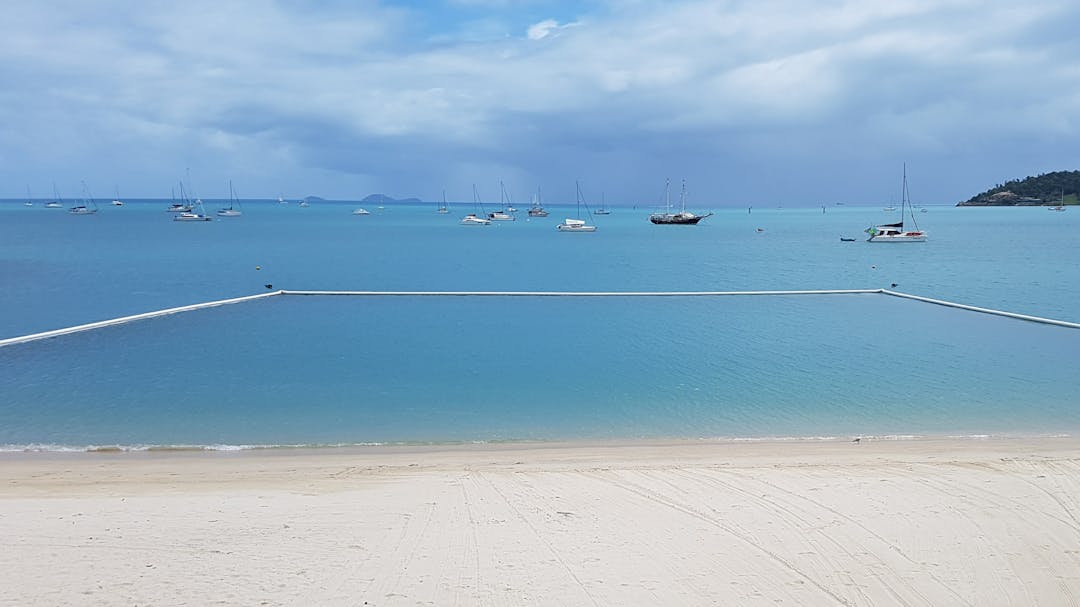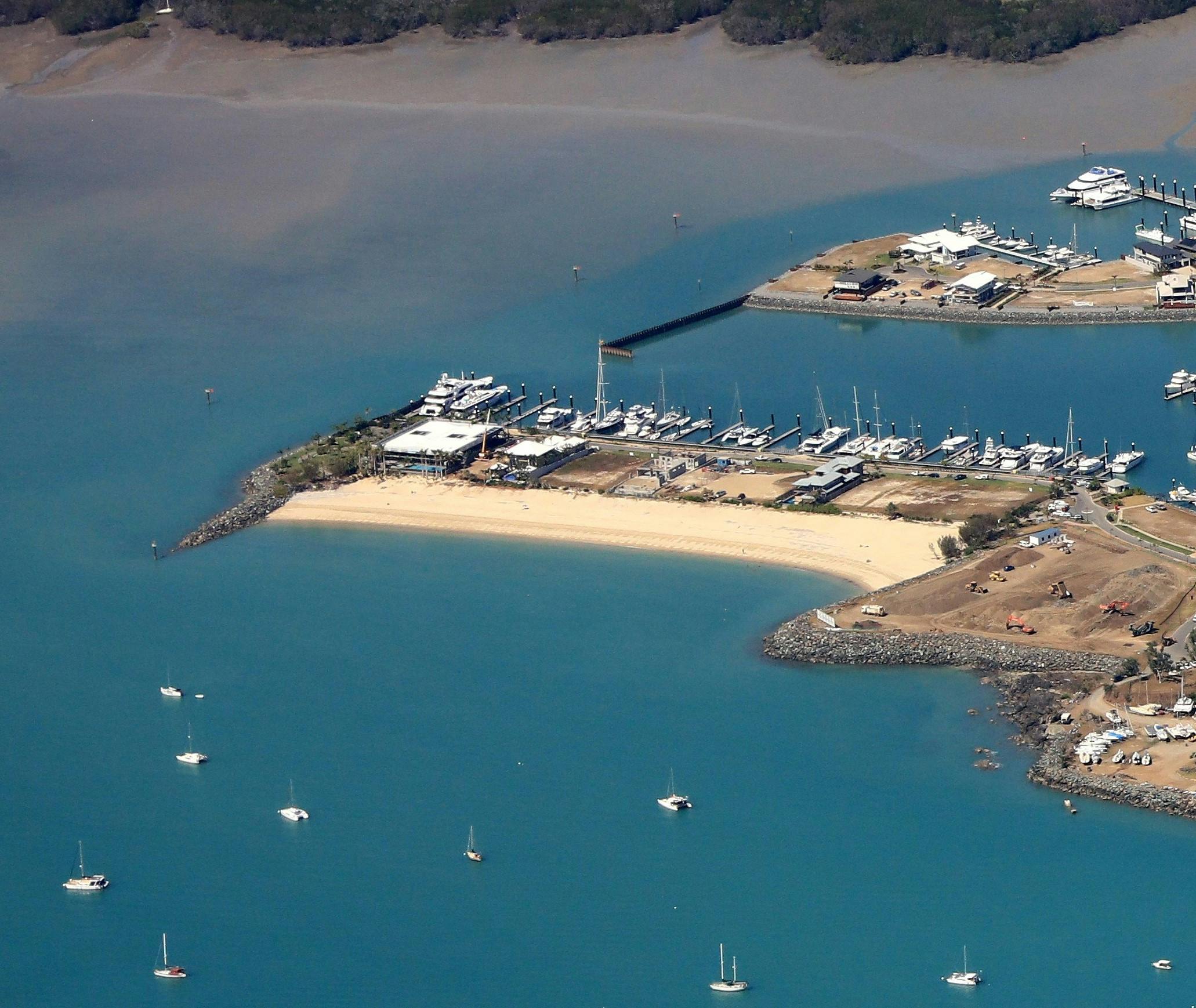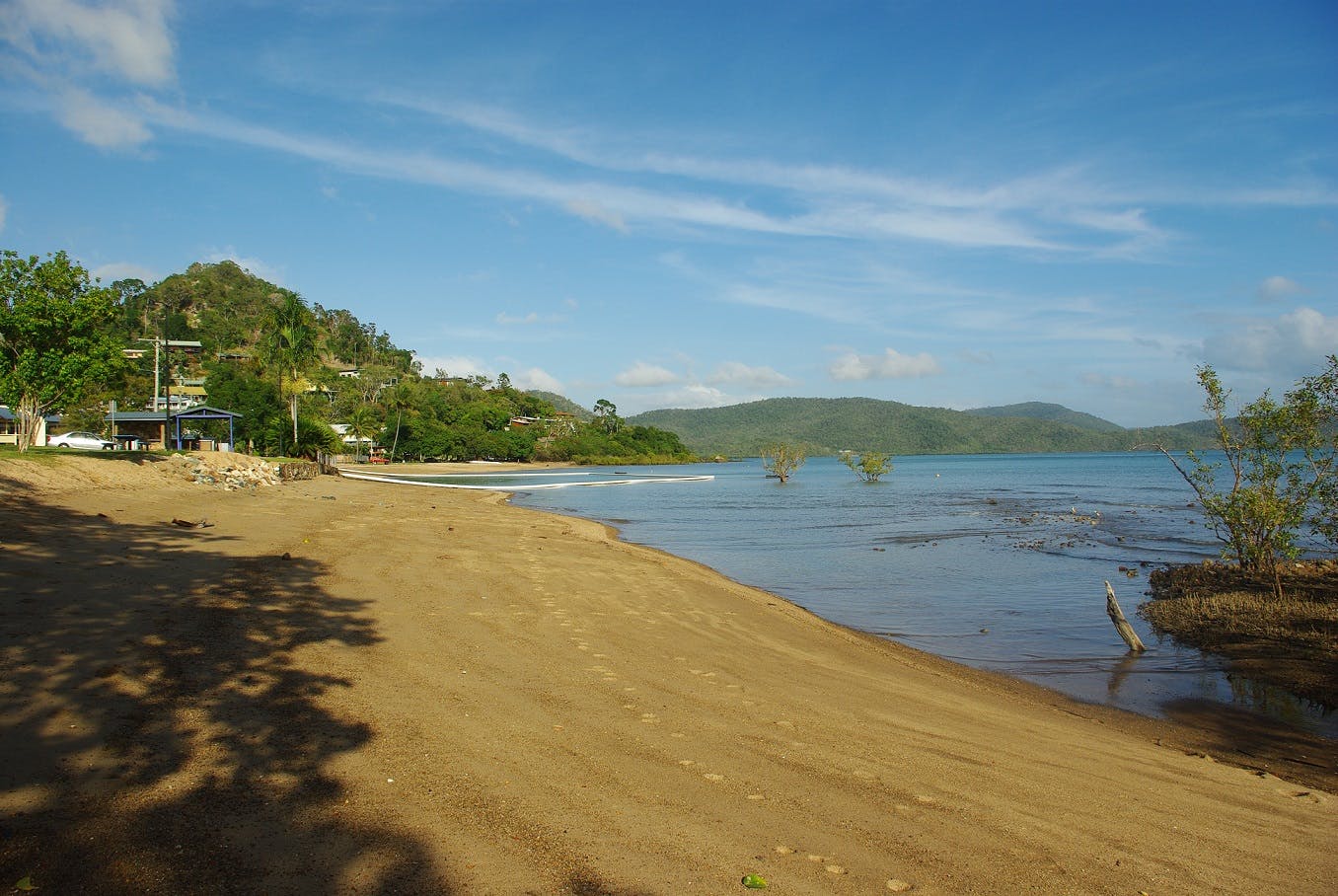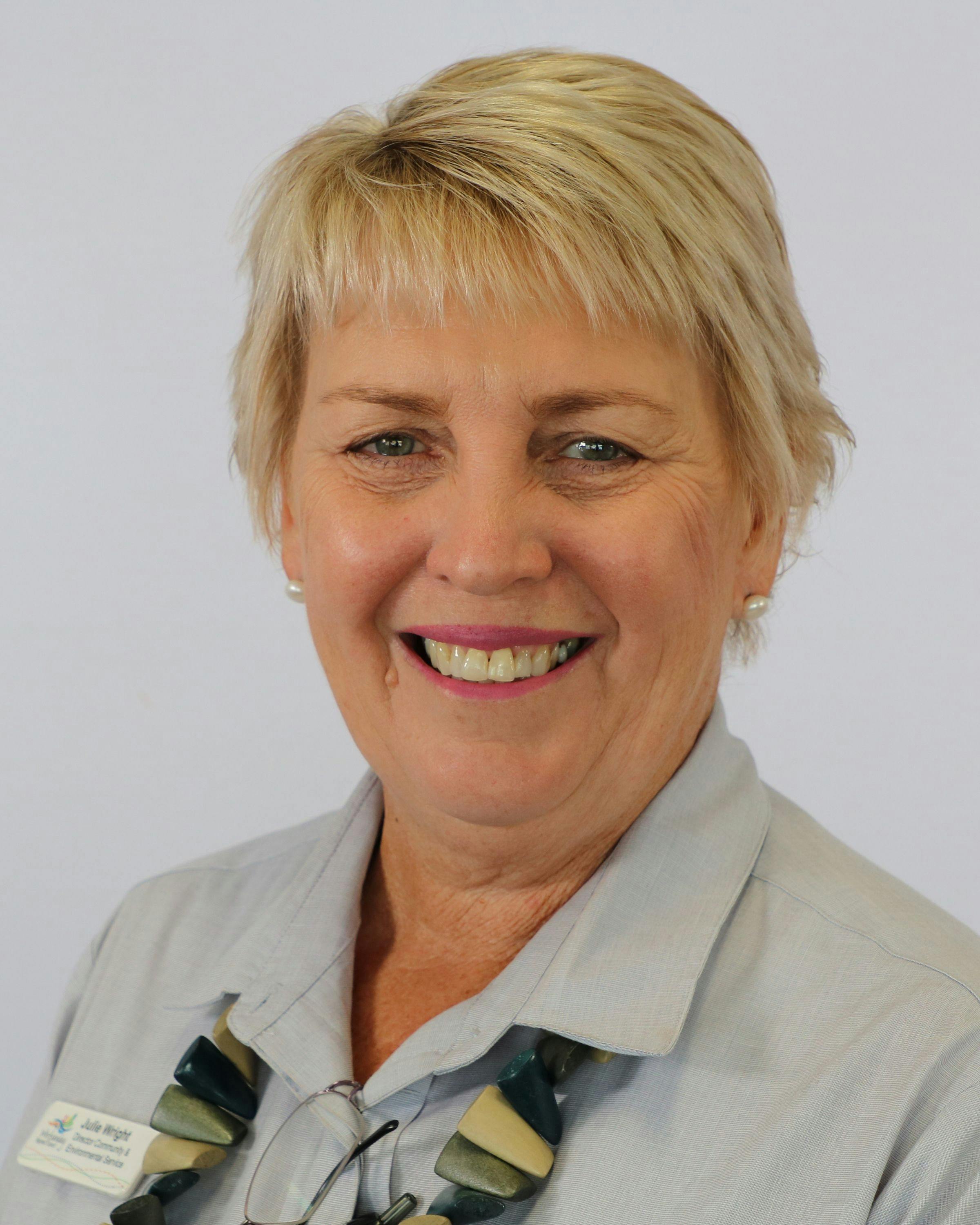Marine stinger nets - have your say!
Thank you for your interest. Consultation has concluded.

Marine stinger nets are a product developed in North Queensland to protect ocean swimmers, by acting as a physical deterrent and barrier to Box Jellyfish and other large marine wildlife.
Whitsunday Regional Council currently has two marine stinger nets in operation at the popular swimming locations of Cannonvale Beach and Boathaven Beach (also known as New Beach) in Airlie Beach.
In May 2020, Council was considering the renewal of the stinger nets for 2020-2021 and were looking for your feedback on continuing this service. After consultation finished, the Consultation Report was presented and considered by Council at the Ordinary Meeting on 23 June 2020. Council voted to extend the stinger net hire agreement at both Cannonvale and Boathaven Beach, until 2023, during the peak seasons of November to May each year.
The Facts
- Marine stinger nets do not protect from smaller marine life - such as Irukandji, a group of jellyfish which are known to cause symptoms of a potentially dangerous syndrome called Irukandji Syndrome. Stinger nets cannot prevent the smaller Irukandji from entering the enclosure. This is due to the fact that the holes in the netting cannot be made any smaller as the nets would clog too quickly and have to be removed for cleaning several times a day. It is therefore important that you exercise caution when swimming in stinger enclosures.
- Marine stinger nets do protect from larger marine animals - such as the Box Jellyfish, who are good swimmers and avoid obstacles and entrapment wherever possible.
- You can be stung at any time of the year - Some experts prefer not to use the term 'stinger season' as this implies that jellyfish are only prevalent during this time. Stings have occurred at all times of the year, however are more prevalent during the months of October to May. October to May is therefore termed 'high season' or 'peak season' for marine stingers as they are more active and more numerous during this time.
- What are my chances of getting stung by an Irukandji? - Rare. Out of the millions of 'people days' each year in the Great Barrier Reef waters, in a particularly bad year, only around 100 Irukandji stings occur in Queensland which require medical treatment.
- Some nets may only usable at certain times of the day - On shallow beaches like Cannonvale Beach the net may not be usable at certain times of the day during low-tide, however at Boathaven Beach the net is available all day.
- The nets are only installed at certain times of the year - Council follows the stinger net protocol set forth by James Cook University, Surf Lifesaving Queensland and Uninet Enclosure Systems about when is the best time to install a stinger net.
- The nets cost Council money to install and maintain every year - It costs Council approximately $30,000 for each net, which includes the net installation plus ongoing maintenance costs or repair costs after damaging weather events.
Thank you for your interest. Consultation has concluded.
Please write you question here and our team will respond to you. What you write can be viewed by everyone.






